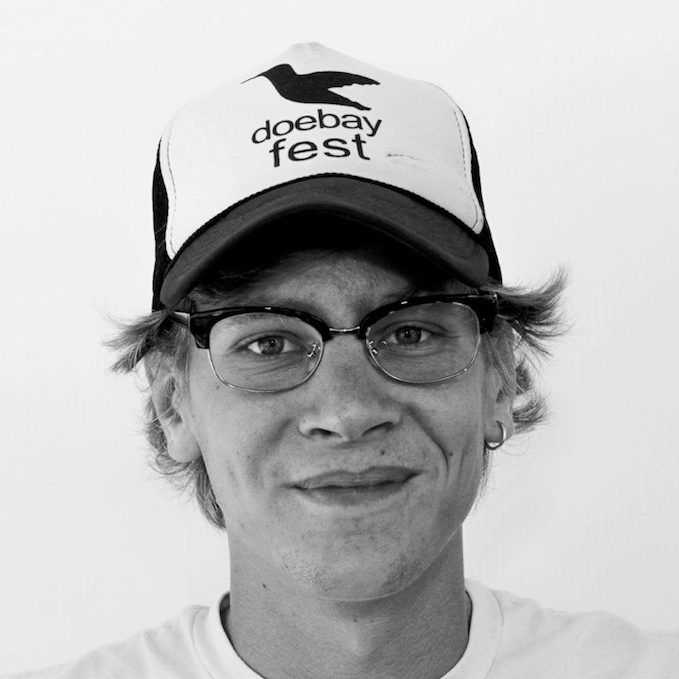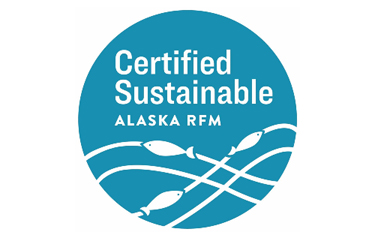The Alaska Responsible Fisheries Management (RFM) certification program has changed hands, with the Alaska Seafood Marketing Institute transferring ownership of the scheme to the Certified Seafood Collaborative (CSC).
The RFM program, a third-party sustainable certification for wild-catch fisheries, formally changed hands on Wednesday, 1 July, after a six-month transition period. The transfer of RFM to the CSC, a nonprofit foundation organized specifically to take ownership of the certification system. ASMI has been making efforts to separate itself from the RFM program since 2016, and had talked with representatives from Norway, Iceland, and Japan regarding possible partnerships, before settling on the decision to transfer it to CSC.
The move is expected to provide cost savings for the program, increased efficiency, and growth outside of Alaska, according to a press release.
“Alaskans have always understood that sustainability is essential to a thriving environment, economy, and communities. Since its inception, RFM has grown to be a globally recognized sustainable seafood certification program providing credible independent assurance that Alaska’s fisheries are verified as sustainable,” said Trident Seafoods Executive Vice President of International Operations and Sales Allen Kimball, who is also a CSC board member. “This new ownership by CSC represents a strategic milestone critical to supporting RFM’s expansion to other fisheries and relevance in global markets.”
The Alaska RFM was created by ASMI and other Alaskan entities in 2010 as an alternative to the Marine Stewardship Council sustainability certification, and ASMI took over sole proprietorship of the certification in 2015. In 2016, the scheme became the first to be benchmarked by the Global Sustainable Seafood Initiative.
In October 2018, Jeff Regnart, an ASMI consultant working on the RFM program, told SeafoodSource the RFM certification had to reach beyond Alaska to retain relevance for the global seafood industry.
“One thing we’ve learned from doing this program, which is just Alaska-focused, is that in the end it’s a narrow scope in the arena of seafood,” Regnart told SeafoodSource. “To have a certification program get traction, and be worthwhile for participants to get involved in, you have to have greater exposure, and that comes from having as many fisheries and areas of the globe involved as possible. So that’s what the ASMI board is striving to do with this decision. We’re looking at the transformation of the program outside of ASMI, and hopefully we’ll find some partners out there to do that with.”
Currently, a majority of seafood firms with operations in Alaska, including Glacier Fish Co., Seafood Producers Coop, Icicle Seafoods, Ocean Beauty Seafoods, Canadian Fishing Company, Peter Pan Seafoods, and Triad Fisheries carry Alaska RFM certification under either the Alaska RFM’s fisheries standard or its chain of custody standard. Products carrying certification include salmon, halibut, pollock, sablefish, crab, and cod.
All of the RFM’s standards, certifications, audits, and chain of custody certifications will remain intact after the transfer to CSC, and ASMI will continue to provide marketing and administrative support for RFM, according to CSC Interim Board Chair Mark Fina, who also works as a policy analyst for United States Seafoods.
“It was always ASMI’s vision to transfer the ownership to an outside entity once RFM had the infrastructure and matured into a globally accepted certification program,” Fina said. “We are thankful to the ASMI board’s vision and dedication in building such a viable program. We are proud to bring the ownership of RFM certification to our foundation and to continue to offer such a credible choice to the marketplace."
RFM’s essential components of evaluating fisheries are the management system used, stock assessment, management measures, implementation, and control, and impacts of the fishery on the ecosystem. These components contain 13 fundamental clauses, in addition to another 125 supporting clauses.
Earlier this year, the RFM logo was updated in an effort to increase brand awareness for the program and open the door for collaboration with other certification programs. The old logo will be phased out by mid-September 2020. CSC has committed to ASMI’s promise not to charge logo licensing fees – a major point of difference between the Alaska RFM and other eco-labels.
And also in June, Alaska’s entire salmon fishery gained recertification under the scheme. The recertification includes all five species commercially harvested in the state (king, sockeye, keta, coho, and pink) as well as all fishing methods (purse seine, drift gillnet, set gillnet, fish wheel, beach seine, dip net, and troll).
The fishery first received the certification in March 2011 and this represents its third recertification, though the first under “Version 2.0” of the RFM standard, which went into effect in August 2019. The new version “adds depth and rigor” to the program, including new metrics and indicators and improved specificity when it comes to scoring and grading, according to the certification’s website.
“We are so proud that Alaska salmon continues to carry the RFM certification,” Alaska Fisheries Development Foundation Executive Director Julie Decker said. “The RFM Program was created through the work of many Alaskans who feel strongly about the sustainability of our seafood and wanted the ability to independently prove it to customers around the world. Customers as large as Walmart, Costco, Kroger, and Publix recognize the RFM label as proof of seafood sustainability. We’re also excited for the potential expansion of the RFM program to certify other high-performing fisheries in other parts of the world, empowering local sustainability stories to be told to global audiences.”







